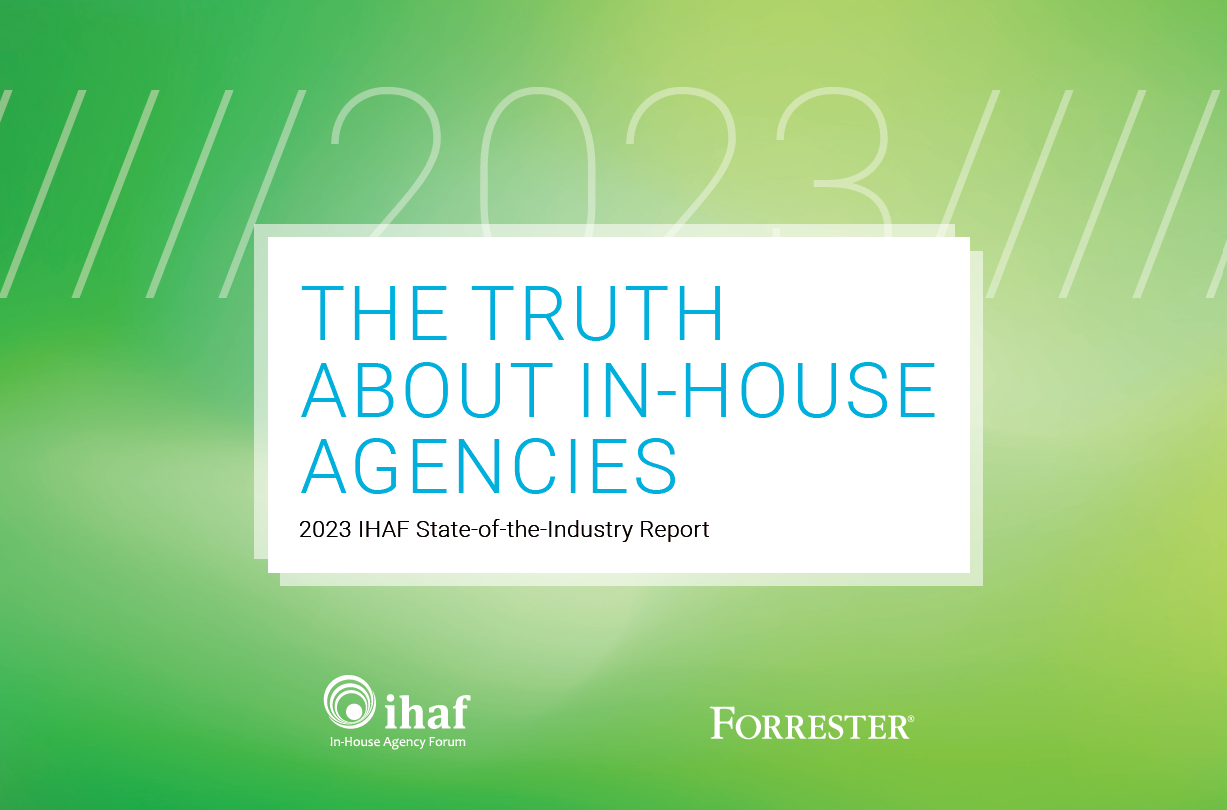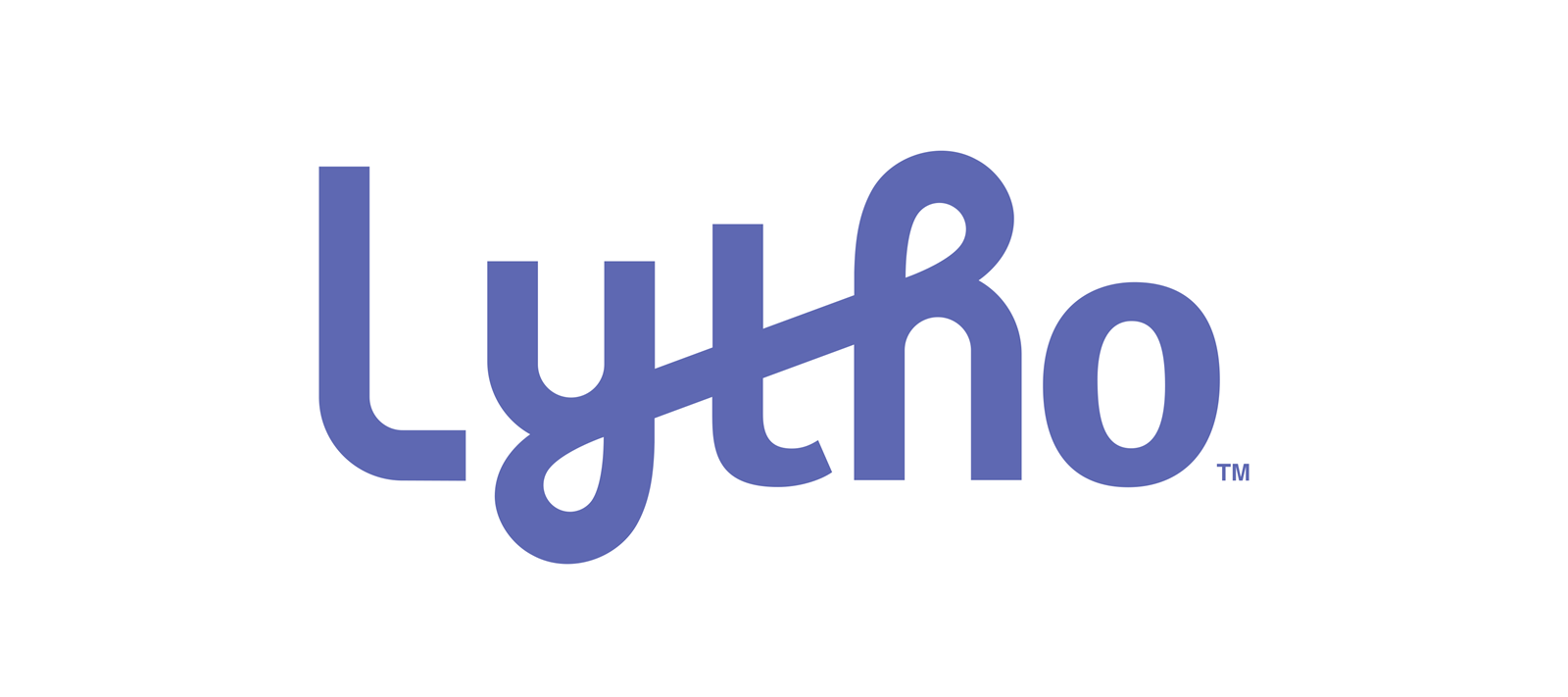Addressing Change Fatigue

2022 was predicted to be the year when things would return to normal.
But according to Gartner, we’re in for plenty more change to reset from the COVID-19 pandemic. However, the amount of change we can handle has dropped significantly.
This is no surprise. Even before COVID we were dealing with lots of changes—think reorgs, leadership transitions, and new technologies. In many cases, these change initiatives were mismanaged. Teams were often excluded from planning and left in the dark about the reason for change.
This led to teams experiencing change fatigue: feeling apathetic towards, or overwhelmed by, too many changes. Too much change can lead to burnout, high levels of stress, anxiety, and fear. When left unchecked, teams can quickly become disengaged and unproductive. Organizations may continue to struggle to hire and retain talent—particularly with marketing teams.
So as this next wave of change arrives, how can leaders prepare to address change fatigue?
Actively check-in. Start by asking your team how they’ve been feeling lately. Do they feel heard, valued, trusted, and included? Do they feel like their roles, responsibilities, and processes are clear? Do they have the right tools and support? If not, it’s time for you to dig deeper as a leader.
Understand with empathy. Even leaders do not always know what’s going on with their team. So, it’s important to try to understand—and do so with empathy. Have forums (small groups and one on ones) that allow employees to be honest about their feelings around their work, the rules, the culture, and leadership. Listen for clues that help you understand if they have effective systems for prioritizing their work, if they’re able to refer to a set of processes, and what their view is on how leadership is showing up. Model active listening by repeating back what you hear. Avoid jumping to conclusions or reacting negatively by practicing integrative awareness. Engage employees in identifying what a better paradigm would look like—and encourage them to be open and respectful. Be sure to also provide confidential pathways for employees to share sensitive feedback.
Prioritize what you’ve heard. After taking the time to understand what's happening with your team, prioritize what you've heard. We like to start with things that can happen now and are easy to show progress on. For thornier, more time-consuming issues, engage your team in the process and create space in their workday. It’s important to strike a balance between involving people and not overloading them. If you have concerns about their ability to make time, ask your team. Next, identify items that need intervention at a level above your own. Bring a clear, compelling case to those you need buy-in and use language that's at the right altitude for those you're looking to influence.
Be thoughtful about your approach. As for moving through change in the future, take a moment to formulate a thoughtful approach. There are frameworks you can use as is or adapt to your organization’s needs and cultural dimensions. We recommend trying Prosci’s ADKAR model. The model is based on the reality that organizational change can only happen when individuals change. It focuses on guiding individuals through change and addressing roadblocks or barriers along the way. But don’t expect it to solve all your problems. In most cases, ADKAR forms the backbone of how we think about change, but every work culture is different. Adapt to your context.
Look for support. Don’t be afraid to look for support if you need it. Bringing in a trusted partner can be valuable in providing a neutral outside perspective to guide you through the process and help you navigate challenges.
Ultimately, addressing change fatigue requires ongoing leadership support. But be mindful that there’s only so much you can do on your own. And, as always, progress is more important than perfection.
Recent Posts

In-House Data: Fact or Fiction?
October 16, 2023
I’m going to be honest with you, which I always am but this time it’s scary honesty. There are a lot of in-house agency research reports out there. And not all of them contain data that are close to the integrity of the studies IHAF publishes—the next of which drops at the IHAF conference on …

IHAF Wrapped
December 20, 2023
One of our favorite things to do at year-end is look back at the events, presentations, and online resources our members tapped most. (Why should Spotify have all the fun?) Here are a few of your favorites in 2023:
• New Assortment of Org Charts Download • Updated Job Profiles …


















%20(1).pdf%20-%20Copy.jpg)

%20(1).png)

